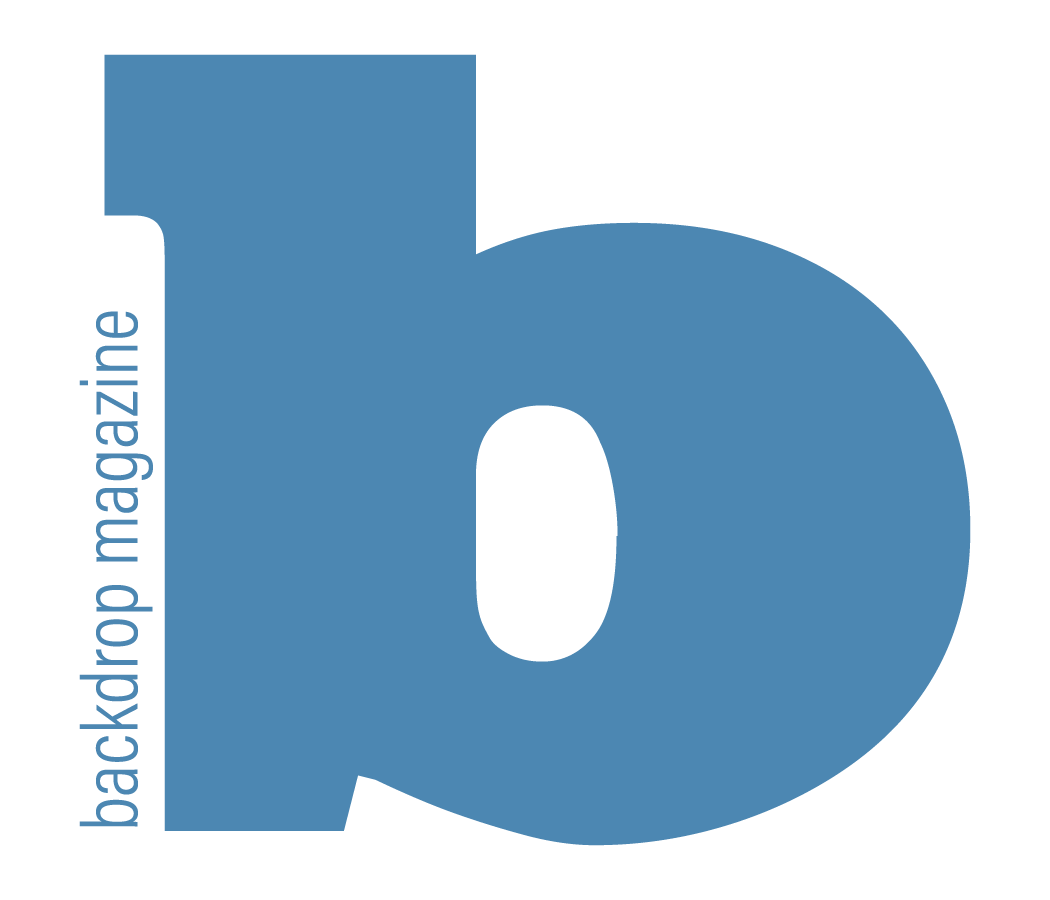Athens to Atlantic
Photo provided by Adrienne Green
Liz Harper
A 2015 graduate of Ohio University, 25-year-old Adrienne Green is the managing editor of The Atlantic magazine, headquartered in Washington, D.C. Originally from New Jersey, Green studied journalism at her father’s alma mater because “it was a place that was excellent at the thing [she] wanted to be excellent at.” After graduating, she went to work for The Atlantic through a fellowship program, which led to a special projects job and, eventually, her current position. In this interview, Green talks about handling stress, how she got where she is and what she would have done differently.
What was the most meaningful lesson you learned at OU that helped prepare you for life after college?
The thing that I learned the most about at OU was trial and error. So I started my work at The Post. Didn’t love it. Figured newspapers weren’t for me. Moved over to Thread, the fashion magazine, and realized that I loved magazines but that fashion wasn’t really my thing. Then I got to have the opportunity to help start, or continue what was just started before my time, Fangle Magazine, and that was really great because I got to kind of move from a managing editor kind of role to the editor-in-chief role pretty quickly. I think that we have a tendency, at least when I was in school, to teach people that you have to kind of be a one man band, that you have to be everything to everyone all the time. But my experience at OU, the experience that I created for myself, showed me that that doesn’t necessarily have to be true, that you can kind of figure out what your version of your perfect fit looks like.
What is it like working at The Atlantic?
Hectic. I think we are a really excellent but small team, and I think other people think of us as the same caliber as the New York Times and The Washington Post and the New Yorker, but we’ve got a staff that’s a quarter of the size of those institutions. We’ve got 25 people who make a magazine every month and a network of freelance writers and contributors, etc. so I think that requires a level of attention and dedication and hard work to kind of make a dollar out of 15 cents. But I think the work we do is excellent, so it makes me even prouder to know that we pull off the caliber of work that we do with the number of people that do it.
Is there anything you wish you had done differently when you were younger?
Not stressed out as much… When you look back on a 40-year career, you’re not looking at just the decisions you made in your first two years out of school. I think I made all of the decisions in the first couple of years at my career like they were going to be the decisions that made or broke me. And they weren’t, and they won’t. The decisions I make in the next five years are not the ones that will make or break me, right, if I have a long and storied and wonderful career, it’s because I woke up every day and made good choices and worked hard, not because one decision was the thing that was the consequential shift.
How did you find a constructive way to funnel and manage your stress?
Often times [I ask], is this thing within the realm of my control? I can’t write a draft for a writer. I can’t copy edit a piece for a copy editor. I can’t fact check a piece for a fact checker. All I can do is look at what’s in the realm of control and it’s often asking them, what can I do to support you? What are the challenges that you’re having? How can I help you do this thing better? And then I go do those things. Stressing about how quickly a copy editor is going to copy edit- I can’t constructively channel that stress, you know?
What’s a moment that has been really meaningful to you since you became managing editor?
Definitely the release of our Martin Luther King special issue. … Not often do things live up to your dream of them. Like when you’re thinking, man if I could have everything I wanted, this is how it will turn out. Not often do things work out exactly in that way and I think this was one instance where, thanks to the help of a whole lot of people, we set out for a thing and it came out even better than that. And that was a really proud moment. The King family really endorsed and appreciated it. I got to do a bunch of different things, as far as writing for the piece, editing it, doing editorial planning and helping the art director see where we wanted to go as far as design, like, that was a really proud thing.

